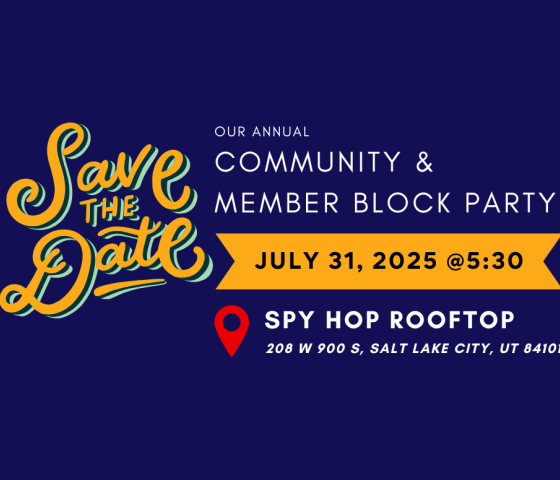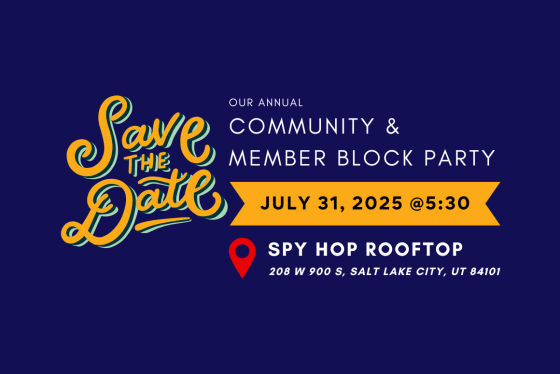In rural areas of Utah, serious voter disenfranchisement is happening - decades after the original Voting Rights Act meant to end such discrimination.
Scan through the talk radio stations or cable news channels these days and you are certain to hear complaints and confusion inspired by this very big election year: The delegate systems are rigged! Primary elections should be open! The state should pay for more caucus ballots!
These are valid concerns for many of us, who embrace the right to vote and equal access to the ballot box as fundamental American principals.
For some Utahns, however, concerns over voter access are even more basic. Consider this, from Leonard Gorman, executive director of the Navajo Nation Human Rights Commission (NNHRC):
“Many of my Navajo relatives cannot read, speak and/or write in the English language. For this reason, San Juan County is supposed to provide language assistance to Navajo voters that are non-English readers at the polling places. With the all mail-in ballot elections, my grandmothers and grandfathers are left to cast ballots they cannot read.”
The NNHRC is the plaintiff in a lawsuit alleging that San Juan County’s mail-only voting scheme, adopted in 2014, violates both the Voting Rights Act and the Fourteenth Amendment. The ACLU’s Voting Rights Project, ACLU of Utah, Lawyers’ Committee for Civil Rights Under Law and DLA Piper LLP filed the lawsuit in February on behalf of NNHRC.
As their fellow Utahns weigh in on the next president, governor, senators and representatives, this recent switch to primarily mail-only voting in San Juan County threatens to disenfranchise thousands of Navajo community members.
San Juan County’s sparse and widespread population is approximately half Navajo and half white. Accordingly, Section 203 of the Voting Rights Act requires all election materials to be provided in both English and Navajo.
But Navajo is an unwritten language. Voters who speak Navajo only need in-person access to election information, or they cannot meaningfully participate in the election. They will not be able to participate in the selection of their next president, governor, county commissioner or school board members.
In addition to presenting a significant language barrier, the mail-only electoral approach leans heavily on the inaccessible and unreliable postal system in rural parts of San Juan County, where many Navajo voters reside. It will be very difficult for many Navajo voters to receive and return their ballots on time.
At the time the lawsuit was filed on behalf of the Navajo Nation Human Rights Commission and seven individual members of the Navajo Nation, the only way someone could vote in person was to travel to the County Clerk’s office in the county seat of Monticello - and Navajo residents tend to live farther from the county seat than white residents. In fact, Navajo residents must travel, on average, more than twice as long as white residents in order to reach Monticello to vote in-person. For residents living in areas of Southwest San Juan County, where the population is majority Navajo, the round trip to Monticello to vote in-person may take between nine and ten hours.
San Juan County leaders have publicly stated in recent months that they do intend to add several more in-person voting locations to ease the concerns of Navajo voters. However, only time will tell if these new changes will address the serious Voting Rights Acts violations alleged in NNHRC v. San Juan County et al - and time is very short indeed, with primary elections quickly approaching in June!
Mail-in ballots are a great modern convenience for many of us…but for our Navajo brothers and sisters, a system that relies too heavily on mail-in ballots will threaten their most fundamental rights.
The most important thing to know about this lawsuit is this: Utah can’t properly honor the democratic process if the voices of Navajo voters are excluded from that process. We must make every effort to hear the voices of all people who live in Utah. Not just because the Voting Rights Act and the Fourteenth Amendment to the U.S. Constitution require it, but because this is the right thing to do.

